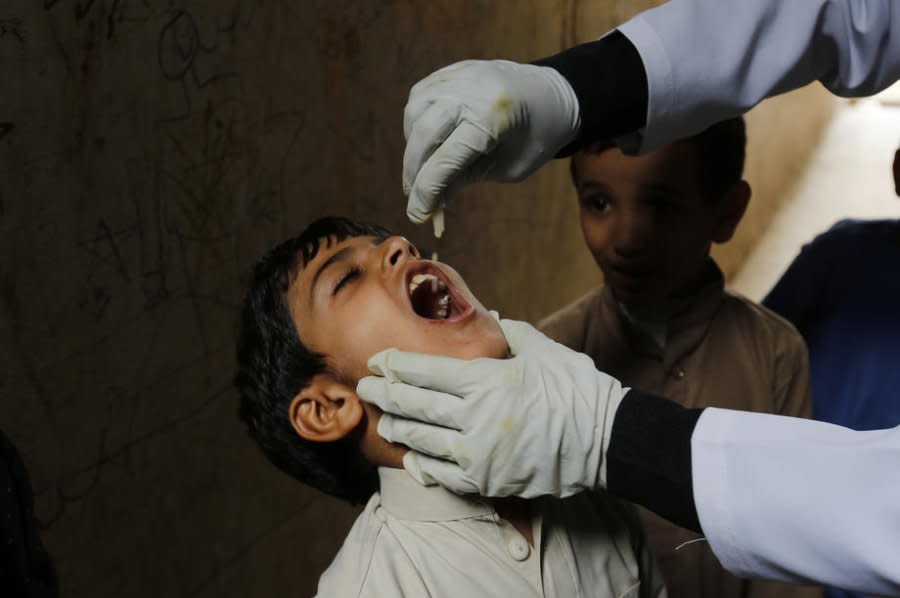WHO urges increased cholera vaccine production in response to surging cases

March 20 (UPI) -- Millions of people are at risk from cholera due to lack of access to clean drinking water and sufficient vaccines, according to the World Health Organization.
"Cholera has been surging globally since 2021, with the 473,000 cases reported to WHO in 2022, more than double those reported in 2021," the WHO said in a press release Wednesday.
The International Coordinating Group on Vaccine Provisions, which manages the cholera vaccine stockpile, says action is urgently needed to prevent further outbreaks.
"The rise in cholera is being driven by persistent gaps in access to safe water and sanitation. Although efforts are being made to close these gaps in places, in many others the gaps are growing," the WHO said.
According to the report, the Democratic Republic of Congo, Ethiopia, Haiti, Somalia, Sudan, Syria, Zambia and Zimbabwe are among the nations most affected by cholera outbreaks.
In 2022, the ICG had to reduce the recommended two doses of vaccine to a single dose due to shortages, according to the WHO.
Though the WHO reports some success with the strategy, it cautions that "a return to a two-dose regimen and a resumption of preventative vaccination would provide longer protection."
The WHO says 36 million cholera vaccine doses were produced last year while affected nations requested 72 million doses.
According to the WHO, only one manufacturer, EuBiologics, manufactures the vaccine but does not produce enough to keep up with demand.
As a result of the shortage, the ICG has been forced to hold back doses that could be used for prevention as an emergency stockpile to address outbreaks.
The WHO is urging that other manufacturers step in to take on some of the demand.
"Currently, new manufacturers are not expected to join the market before 2025; they must be fast-tracked," the WHO said.

